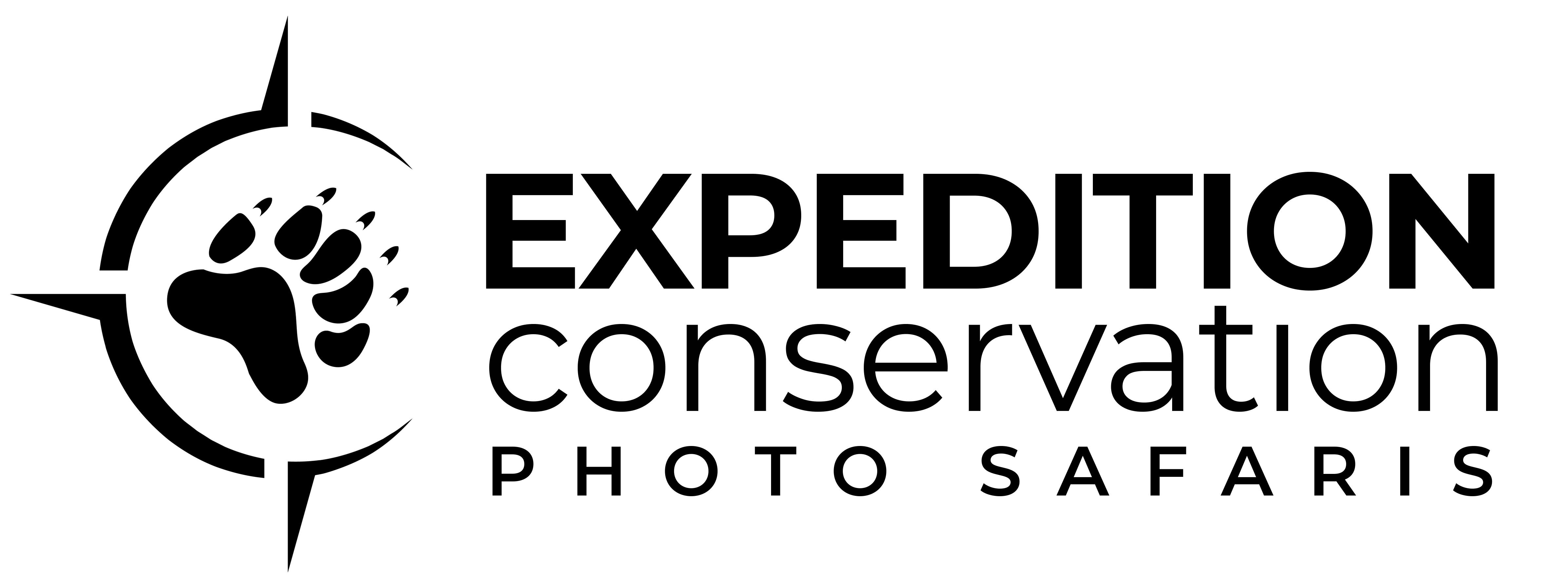General Questions
We have already planned this for you, as we have timed all our photography expeditions to the best available times for a safari tour in all the destination countries.
For example, in Tanzania, our photo safaris are timed either to the prime time of the Great Migration and its iconic Mara River Crossings (August-September) or the prime of the calving season (late February/early March).
Its own chapter is also the “Green Season” in every East and Southern African country, and in the future, we are also looking into arranging one of these kinds of photographic tours as it gives a totally different perspective to the sceneries.
As early as possible is always the best option. We also try to update all the available expeditions on this website as early as possible. Because all our photo safaris are exclusive, small group tours with only a maximum of 6-9 guests, being early is key in securing your spot.
If some of the photo expedition safaris are already fully booked at the time of your inquiry, in that case, we will add you to the waiting list and inform you immediately if some cancellation spot(s) will be available, or we will plan together with you to book you to some of our other available dates.
Following a booking request by email or online booking form, we can hold your space on a provisional basis for 14 days. After this period, the provisional booking will auto-release. We request that you deposit 50% of the expedition’s price during these 14 days to secure your spot by bank transfer. A photo tour booking is confirmed upon receipt of a 50% deposit payment. We will send you all the payment details by email after the booking request.
Depending on the safari, the remaining balance should be paid by bank transfer 60-90 days before the expedition’s scheduled starting date.
Unfortunately, we don’t have a possibility for credit card payments at the moment, as we are still doing this on a small scale. But we are looking into this in the future to make the payments even more straightforward for you.
Our general cancellation rules are:
- The 50% deposit that is payable at the time of reservation is non-refundable
- 59 to 31 days before the safari starts, 75% off the payment is non-refundable
- 30 days or less before the safari starts (or No Show), 100% off the total costs are non-refundable
The lodges and camps and their respective payment and cancellation policies almost totally dictate these limits.
All guests are required to take travel insurance before a trip. This is in your best interests. The travel insurance should cover, at minimum, the following three situations and stipulations:
- Repatriation
- Medical Cover and Evacuation
- Travel Changes and/or Cancellation Cover
All guests should use reputable insurance companies from within their own home country.
You will need all international flights and visas to travel to the destination countries; you must book and arrange these by yourself. These are not included in the expedition’s prices.
However, we can help to point you in the right direction by giving you tips on the best flight routes, ways to apply for visas, etc.
You may be eligible for a Visa on Arrival (VOA) in many countries, but checking this and possibly applying for and receiving the needed visas before your trip is your responsibility.
All possible domestic flights included in your photography expedition safari and mentioned in the respective itineraries are booked by us and therefore are included in your expedition’s price.
Yes, we can. Please, email us at info@safari.expeditionconservation.org and we can tailor a plan according to your preferences.
A privately guided photo safari is about you and your experience. You will travel in the company of professional guides for the entire tour duration with your pro photographic guides and expert wildlife guides. It’s private and exclusive, and it allows you to enjoy being on safari to the fullest, all while being with guides and hosts whose sole purpose is to ensure that you are taken care of beyond your expectation from start to finish.
Special Occasions
We require all guests to have comprehensive, personal travel insurance that covers their expenses in case of loss of property, travel delays, medical emergencies, etc.
We do not offer travel insurance. It is your responsibility always to have one when you travel.
We have the required Flying Doctors coverage during your safari in Tanzania, but this is not a replacement for your individual, personal and separate, comprehensive travel insurance.
All guests are required to take out travel insurance before a trip. This is in your best interests. The minimum cover should cover the following three situations:
- Repatriation
- Medical Cover and Evacuation
- Travel Changes and/or Cancellation Cover
All guests should use reputable insurance companies from within their own home country.
If your international flight is delayed or a flight schedule changes, we may be required to change your accommodations, internal flights, transfers, etc. The additional expenses incurred due to the flight delay or rescheduling will be your, or your travel insurance’s, responsibility.
Unfortunately, we will not be able to obtain refunds from our suppliers for unused accommodations, internal flights, and other services already paid for.
This is also one of the reasons we require all guests to have personal, comprehensive travel insurance from which they can apply for reimbursements for their extra expenses in this situation.
Please check with your specific airline for international flights as the check-in and carry-on luggage restrictions vary from airline to airline.
We will always inform you of the specific restrictions on those routes used in your itinerary for domestic internal fights in your destination.
Domestic flights are operated by small, light aircraft, and the general guideline for the luggage restriction is max. 15 kg (or 33 lbs). We also recommend using smaller soft bags rather than big and bulky suitcases.
Excess luggage can be accommodated on domestic flights at the airline’s discretion, and additional charges will apply. You are responsible for all the extra charges in case of your excess luggage.
We strongly recommend consulting your physician in your home country for advice as early as possible before your trip, as you may need a series of vaccinations and/or prescription medicine. Please, tell your physician that you will be traveling to Africa for a safari. Anti-malarial medication may be recommended, and you should discuss it during your physician visit.
Most African countries require you to have your Covid-19 vaccinations. Please, make sure to carry your vaccination certificate to your photo expedition. Most African countries have also given up the entry requirement of the negative PCR test result not older than 72 hours, but if your airline requires it, then you must have it. At this time of writing (May 2022), you are also required to download your vaccination certificate information to the worldwide PanaBios system and obtain the respective QR code to travel to African countries.
Please, ensure that you check all these special requirements before your travel date. We will also try to inform you about these requirements to our best abilities. Still, you are responsible for checking and complying with all the latest travel requirements to your destination country.
You can withdraw local currency from the local ATMs using your VISA or MasterCard. Your bank will charge you respectively from the currency exchange and service fees. We suggest you inquire from your local bank about these fees.
You can also bring crisp US dollars, but make sure their series is not older than 2013. In Africa, people will not accept dirty, torn, wrinkled, or too old US notes (older than 2009). Bringing smaller notes ($10, $20, $50) is also a better choice, as many times change is sparse or you may be given the local currency as a change.
You can also pay by VISA and/or MasterCard credit cards in many places (usually, an additional fee from 2,5% to 5% will apply).
However, we recommend always having cash with you as cash is still the dominant way of paying in Africa, and sometimes the card machines can be out of network coverage.
We also recommend withdrawing some local currency from ATMs rather than paying in US dollars, but this is your decision.
Were some of your questions unanswered? Please, send us an email, and we will be happy to answer any questions you may have: info@safari.expeditionconservation.org

